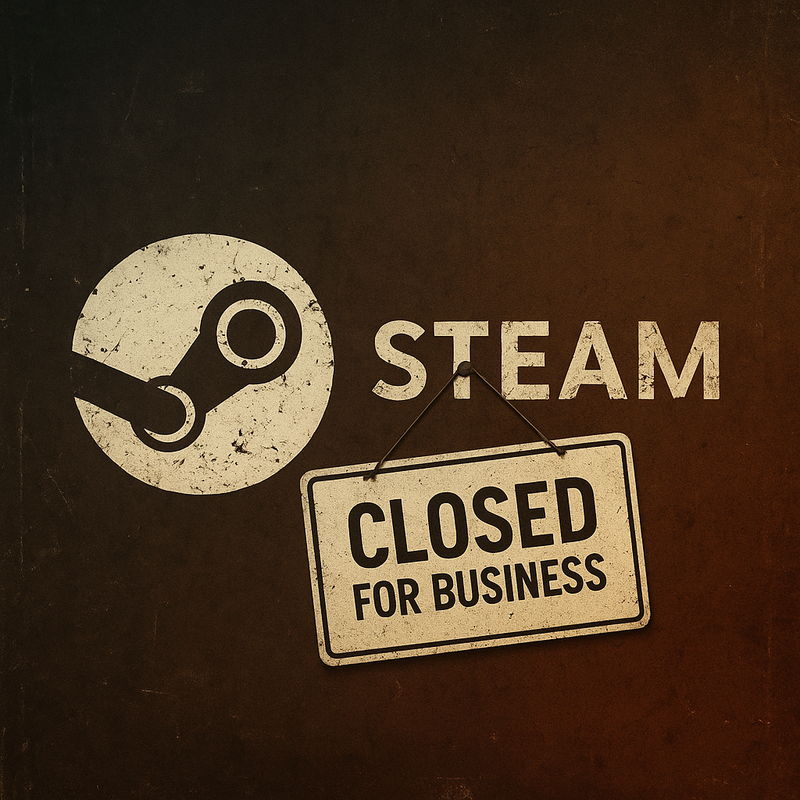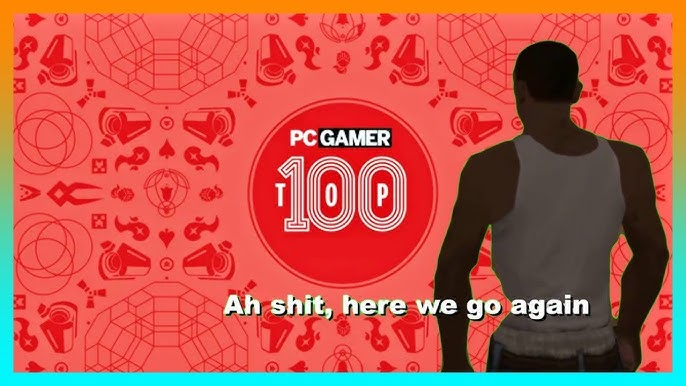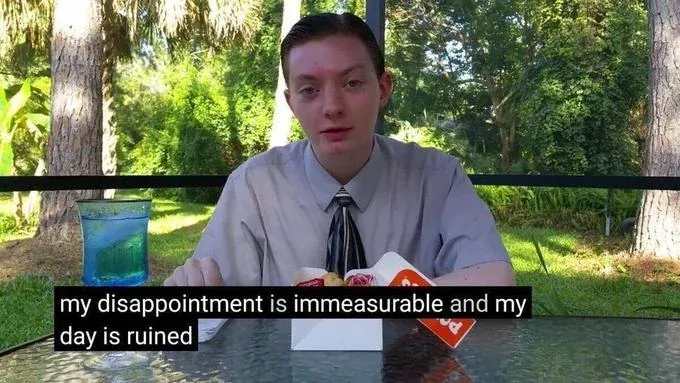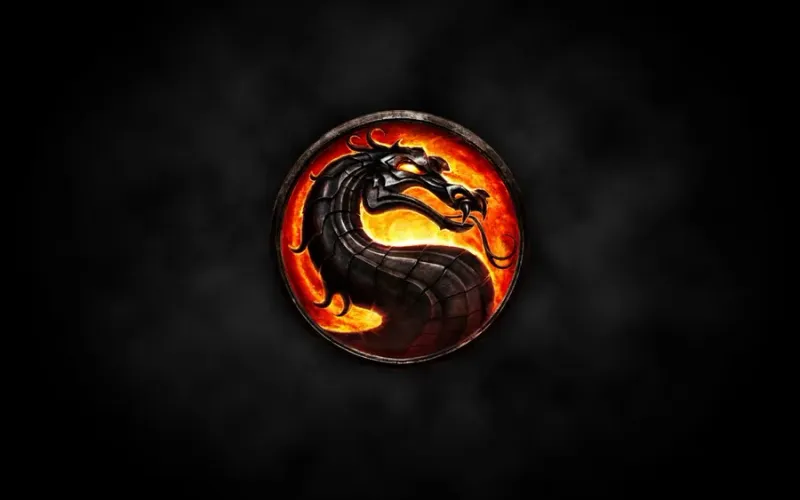The Steam Summer Sale dropped in like a damp, sandy beach towel a few weeks back. I felt no hype or saw any big discounts to rustle my wallet before quietly putting it back in my fanny pack. In fact, I skipped the sale for the first time since I can remember. No impulse buys, no wishlist purges, just... a gentle shrug.
And now Epic Games has come strutting in with some super summer deals of their own. Effort and excitement splashed across their store pages. And for a moment, I reflected on a question I hadn't asked before: What'll happen when Valve stops caring?
Look - I’m no monogamist when it comes to game libraries. I’ve flirted with GOG Galaxy, had a fling with Uplay, and once gave Stadia a promise ring (we still don’t talk about that.) But somehow, I always found myself coming back to Steam. It wasn’t just habit - it was comfort. It was my wishlist, my annual wrap-ups, my Steam Deck compatibility, and the warm fuzzy of Family Library Sharing that makes my hoarding feel... generous.
And yet, I wasn’t always a believer. I was one of the dozen or so who made a fuss when Half-Life 2 required installing this new "Steam" application. It felt like DRM with a fancy coat of army green paint. But then Valve started doing something unusual in gaming: they began earning my trust.
They didn’t just add features, they added value. Offline mode. Cloud saves. Mod support. Controller configs. Linux support. Refunds! Real quality-of-life stuff that made it easier to believe this platform wasn’t just a storefront, but a service. Contrast that with Ubisoft, EA, or Bethesda’s launcher-of-the-month, and Steam looks like the grown-up in the room.
But here’s the thing, though: companies change. People leave. Visions drift.
Marc Laidlaw, the writer behind Half-Life’s narrative brilliance? Gone. Dr. Mike Ambinder, the psychologist who helped shape Valve’s innovative player behaviour analysis? Moved on. These weren’t just employees - they were cultural architects. And when they leave, something intangible goes with them.
Which brings me to the present. Modding legend Kaldaien, creator of the popular Special K tool, just rage-quit Steam after 20 years, deleting their entire account to protest Valve’s monopoly over PC gaming. That’s a big move from someone who spent some of their best years enhancing games on Steam. And it raises a fair question: What happens when Valve stops being Valve?
Sure, the company claims they’ve got a plan in place - a “doomsday switch” that would let users download their games if Steam ever disappeared. But that’s a best-case scenario, and it assumes goodwill. What if the platform isn’t sold? What if it’s handed over to someone like Bobby Kotick in ten years, and then we start seeing quarterly reports dictating our digital freedom?
Let’s not forget: Valve recently updated its Terms & Conditions to make one thing very clear—we don’t actually own our games. We license them. That’s the polite legal way of saying, “If we turn off the servers, then you’re out of luck.”
Now, I’m not shouting that the sky is falling. Not yet. But I’ve spent over 20 years building my Steam library. That’s 1,250+ games, or if we’re using Valve’s updated T&Cs, 1,250 licenses. And I’d be lying if I said I wasn’t starting to wonder about what happens when all that hard-earned goodwill disappears?
We’ve trusted Valve with our game collections, our nostalgia, and a slice of our digital identity. But trust isn’t permanent - it’s maintained. And if Valve ever stops innovating, or even worse, stops caring, then we’ll all be left sitting with a very expensive, very empty gaming library.





